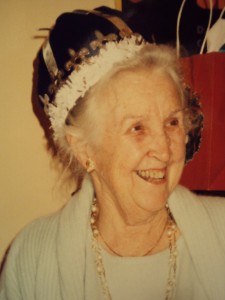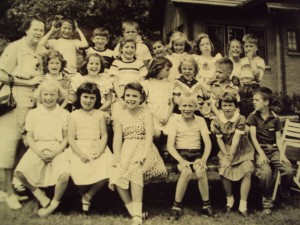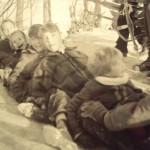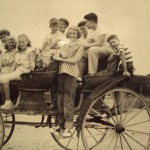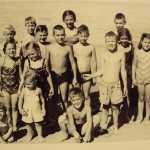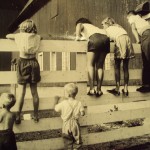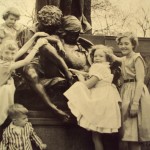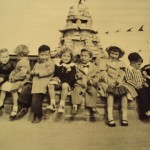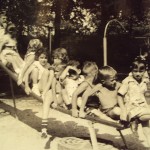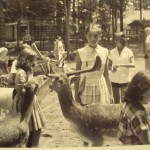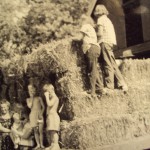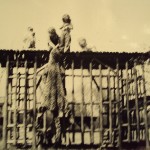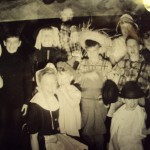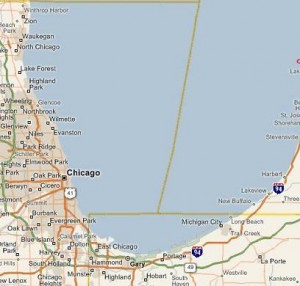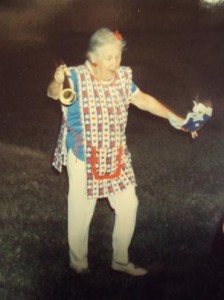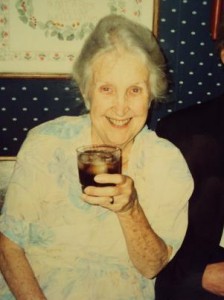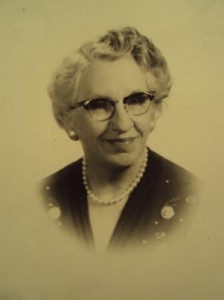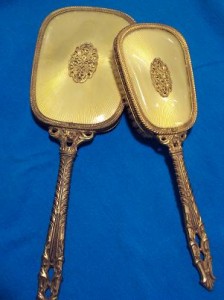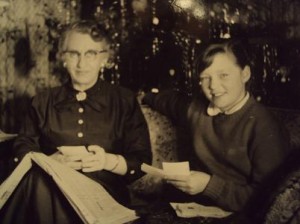Mary, Tom and I were blessed with a mom who turned life into a party, not always using the sound reasoning of an adult but making perfect sense to children.
For example, in the fifties when we’d go to the dentist, each of us would have multiple cavities not having had the benefit of fluoride. But after each dental appointment, because we were “so brave,” she’d walk us across the street to the candy store.
Mom made life good. She allowed as many pets as we wanted and gave us the freedom to roam the neighborhood. She let us strike matches, use the sharpest knives on our Halloween pumpkins and climb onto the roof “just to see what birds see.” She invited each of our grade school classes to our house for lunch every school year, let us set our own bedtimes, and if we asked her to read a story, she’d read and read until we finally said, “Ok, that’s enough.”
But having the funnest mother in the neighborhood had a down side to it: we had to share her.
I remember bristling as a grade school child when other kids flocked to Mom. Mary and I even talked about how it felt to be ranked with the masses, responding with childish self-focus to the dilemma of having a popular mom. But once we became mothers, we realized we’d been observing a woman using her gifts just as God intended. Jesus said, “Let the kids come.” Mom was just following his example.
Every child was priceless to her, and she experienced deep pleasure in loving them. The apostle Paul wrote, “When I was a child, I spoke and thought and reasoned as a child. But when I grew up, I put away childish things.” (1 Corinthians 13:11)
Not Mom.
Even as an adult, she thought like a child, and truth be told, she never put away childish things. That’s why she was a kid magnet. She was “old” and yet “one of them.” They trusted her as a BFF (Best Friend Forever), and she never let them down.
Isn’t that parallel to why we’re drawn to Jesus Christ? He became “one of us,” experiencing life as we know it. Though he’s actually far superior, he lowered himself into our way of life, willing to endure hardship and fight temptation exactly as we do. And best of all, he can be completely trusted. He’ll never let us down.
Mom was the best-of-all-possible-worlds for a kid. She had the power of an adult (a driver’s license, a house with a kid-friendly basement, money in her purse). Yet she retained the heart of a child.
Jesus is the best-of-all-possible Saviors. He has the power of divinity (the ability to forgive sins, victory over death, the key to heaven). Yet he retained a heart as “one of us.”
Mom gave fully of herself, which made for many happy childhoods. But Jesus gave fully of himself, which makes for eternal happiness!
Jesus said, “I tell you the truth, unless you turn from your sins and become like little children, you will never get into the Kingdom of Heaven.” (Matthew 18:3)
[Below, Mom-style good times in just several months. And where is she? Behind the camera.]

